Most of us will have heard of, and might even be involved with, a surname project or one-name study. But have you ever considered on starting a research project which focuses on the life and times of a single ancestor in depth? It might be an ancestor who’s the subject of a family legend you’ve never been able to prove, or perhaps a person who’s proved something of a stumbling block when it comes to your research.
By concentrating on that person for a few weeks or months, you can use a variety of research skills to deepen your understanding of your ancestor, including:
- Using maps to follow your ancestor’s geographical journey from birth to death
- Exploring house history to find out more about the homes where your ancestor lived, and what life might have been like in their town or village
- Studying trade and occupation records to get a deeper understanding of your ancestor’s working life and what the job might have involved
- Looking at the wider picture, as you consider how historical events might have affected your ancestor, or even the big stories they might have read about in the newspapers
- Going beyond the census and birth, marriage & death records to flesh out the basic facts
Which ancestor should I choose?
Quite simply, it’s up to you – you might want to go on instinct and choose an ancestor who’s always fascinated you, or who seems to have a background story. All that matters is that you feel enthusiastic about the project, and ready to delve into that person’s life.
Most probably you’ll already have gathered the basic data on the person in question, such as following them through the censuses, and obtaining documents for their birth, marriage and death. Now it’s time to widen the search.
So, where to start? Your census data will tell you when and where your ancestor lived at ten-yearly intervals, so you could begin by plotting their various homes on an old street or town map. If you lose track of an ancestor between censuses, consider resources such as poll books or electoral rolls to check in on the person.
Trade directories might help you to follow the progress of ancestor’s career, or even just provide an insight into which trades and industries were prevalent when your ancestor was resident in a particular town or city. Victorian directories are rich in detail, even down to giving information on how often post was collected from pillar boxes, and how frequently the mail coach called into the town. The University of Leicester has an excellent selection of English and Welsh historical directories.
What records could I study?
Family Tree’s online guide to what records are held where shows you the range of records available, and how you can access them.
For example, you might have seen your ancestor’s death certificate, but have you checked whether they made a will? (which might mention other ancestors, as well as personal possessions). Perhaps that person’s death was mentioned in a local, or even national, newspaper. The British Newspaper Archive can point you in the right direction, and remember that many people are mentioned by initial and surname (rather than forename) in older newspapers.
Presenting your project
As your research progresses, you might want to present it in a different way to your regular family history. Because a one-ancestor project delves deeper into the human side of the story, it might well interest those relatives who might otherwise give family history a wide berth.
A scrapbook, loose-leaf binder or even a special notebook would allow you to create a This Is Your Life type presentation, adding information as and when you find it. There are no time or size limitations – this is a project which can fit into however much time you have available.
Top tips
- Don’t forget to add any information that you find to your ‘main’ family history research records – and also consider whether this new research throws light onto any other ancestors
- Use visual resources to enrich the project – maps, photographs, postcards and newspapers can all play their part. Traders such as Tuck DB Postcards and Francis Frith have a great range of street and town views
- If your ancestor’s home town is within a reasonable travelling distance, consider a genealogy road trip and see for yourself where that person went to school, spent their leisure time, married and was maybe even buried
For more research tips, genealogy challenges and case studies, join the free of charge Family Tree Academy.
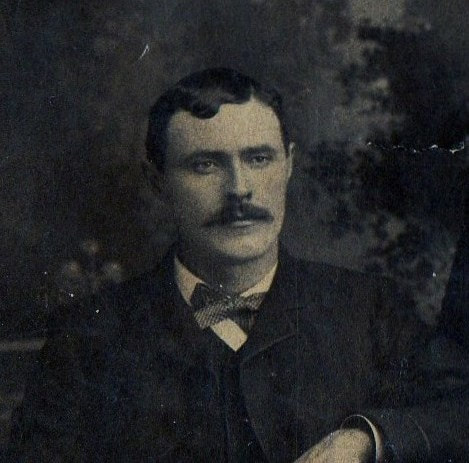
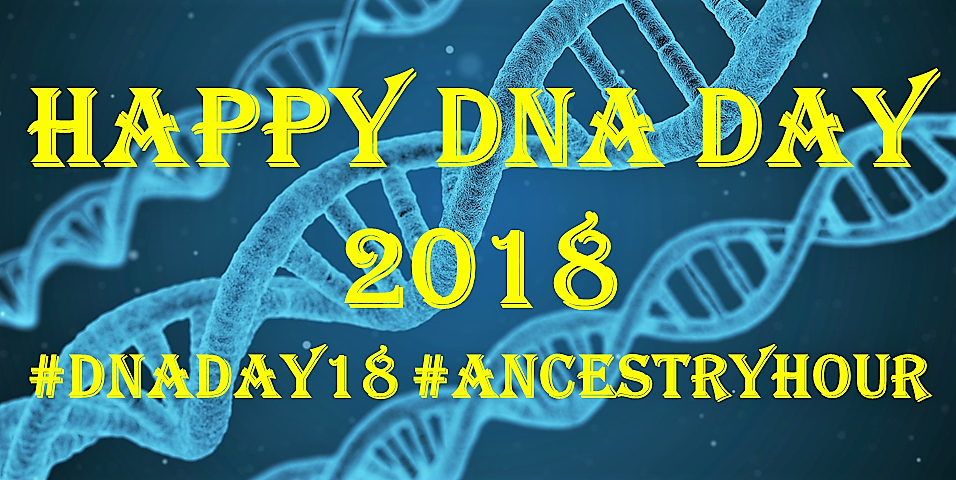


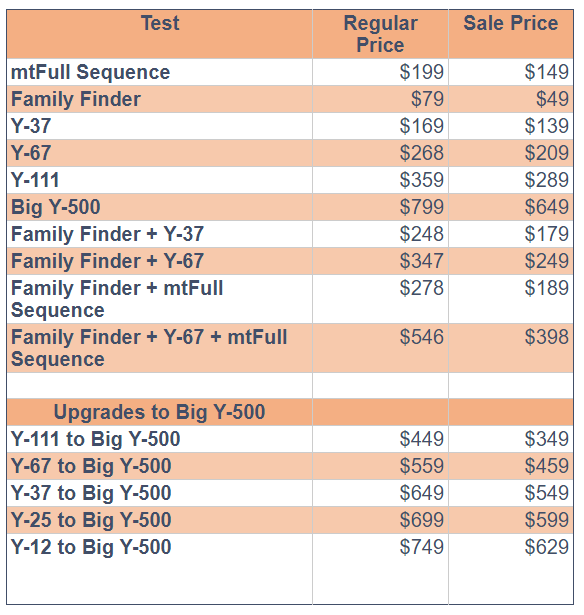


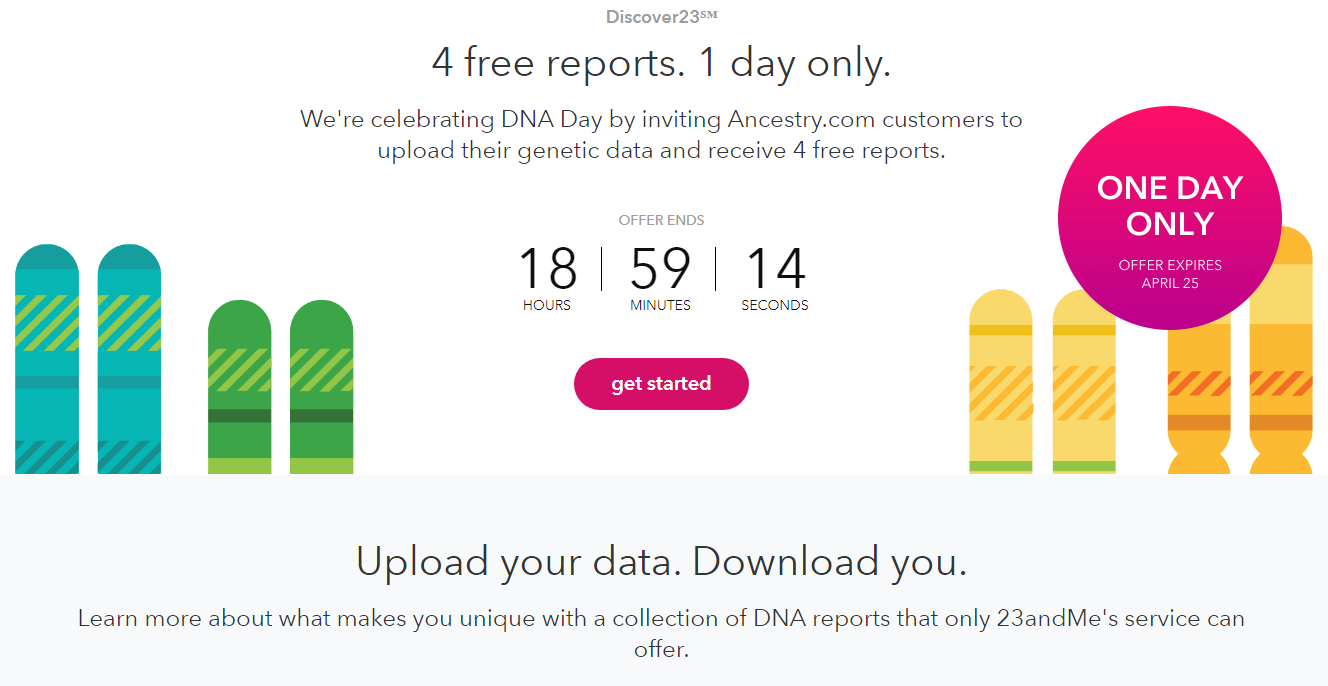

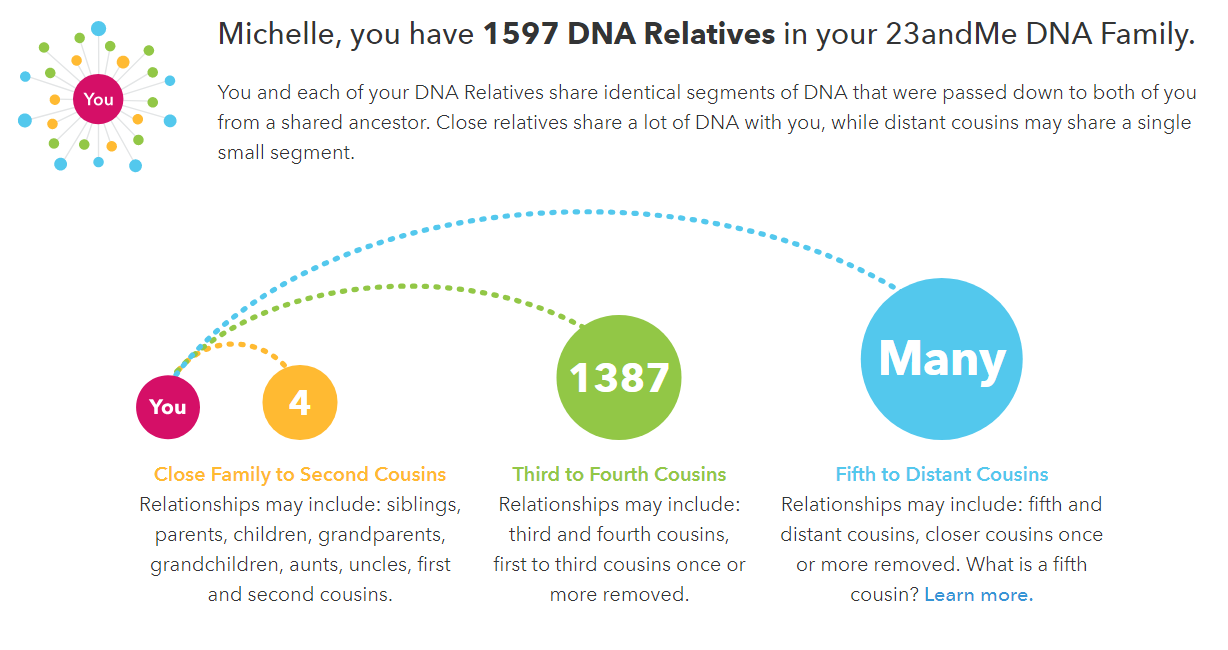

 RSS Feed
RSS Feed
